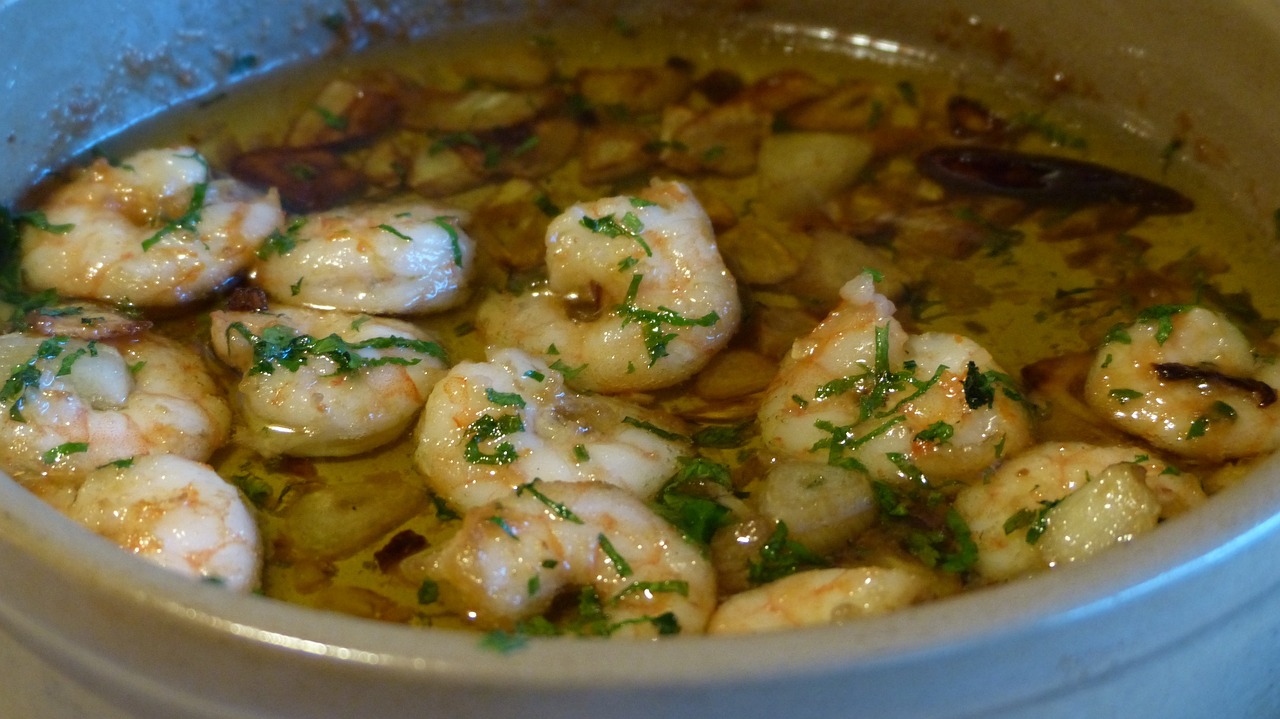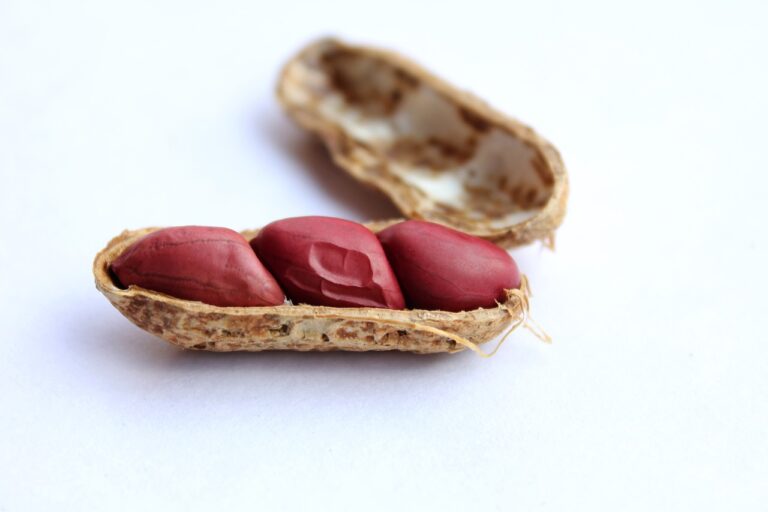The Benefits of Plant-Based Diets for Improving Gut Barrier Function: 11xplay reddy login id and password, Laser247. Com cricket, Sky live casino
11xplay reddy login id and password, laser247. com cricket, sky live casino: Plant-based diets have gained popularity in recent years for many reasons, from ethical concerns to health benefits. One of the key advantages of following a plant-based diet is the positive impact it can have on gut barrier function. Gut barrier function plays a crucial role in our overall health, and maintaining a healthy gut barrier is essential for keeping our bodies functioning properly.
But what exactly is gut barrier function, and why is it so important? The gut barrier is a complex system that lines the walls of our intestines and is responsible for regulating what is absorbed into our bodies from the food we eat. When the gut barrier is compromised, harmful substances such as toxins, pathogens, and undigested food particles can leak into the bloodstream, triggering inflammation and potentially leading to a host of health problems.
A plant-based diet, which focuses on whole, minimally processed plant foods such as fruits, vegetables, whole grains, legumes, nuts, and seeds, can provide a wide range of benefits for gut barrier function. Here are some ways in which a plant-based diet can help improve gut health:
1. Rich in Fiber: Plant-based diets are naturally high in fiber, which plays a crucial role in maintaining a healthy gut. Fiber acts as a prebiotic, feeding the beneficial bacteria in our gut and promoting the growth of a diverse microbiome. A diverse microbiome is associated with better gut barrier function and overall health.
2. Anti-inflammatory: Many plant foods are rich in anti-inflammatory compounds such as antioxidants, vitamins, and minerals. These nutrients help reduce inflammation in the gut, which can contribute to a stronger gut barrier and improved digestion.
3. Supports the Growth of Beneficial Bacteria: Plant-based diets provide the necessary nutrients for the growth of beneficial bacteria in the gut, such as Bifidobacteria and Lactobacilli. These bacteria play a key role in maintaining gut barrier function and protecting against harmful pathogens.
4. Low in Harmful Substances: Plant-based diets are naturally free from harmful substances such as saturated fats, cholesterol, and animal-derived proteins, which can contribute to gut inflammation and compromise gut barrier function. By avoiding these substances, plant-based eaters can support a healthier gut microbiome.
5. Supports Weight Management: Following a plant-based diet has been shown to support weight management, which is important for gut health. Excess weight can contribute to inflammation in the gut and impair gut barrier function, so maintaining a healthy weight is essential for overall gut health.
6. Reduces Risk of Chronic Diseases: Plant-based diets have been associated with a lower risk of chronic diseases such as heart disease, diabetes, and certain types of cancer. By reducing the risk of these diseases, plant-based diets can support overall gut health and reduce inflammation in the gut.
In conclusion, following a plant-based diet can provide numerous benefits for improving gut barrier function and overall gut health. By focusing on whole, minimally processed plant foods and avoiding harmful substances, plant-based eaters can support a healthy gut microbiome and reduce inflammation in the gut. If you’re looking to improve your gut health, consider incorporating more plant-based foods into your diet and see the positive impact it can have on your overall well-being.
—
FAQs:
Q: Can I get enough protein on a plant-based diet?
A: Yes, plant-based diets can provide all the essential amino acids needed for protein synthesis. Foods such as legumes, tofu, tempeh, and quinoa are excellent sources of plant-based protein.
Q: Will I be deficient in any nutrients on a plant-based diet?
A: With proper planning, it is possible to meet all your nutrient needs on a plant-based diet. It’s important to focus on a variety of foods to ensure you get all the essential vitamins and minerals.
Q: How can I transition to a plant-based diet?
A: Start by incorporating more plant-based meals into your diet gradually. Experiment with different recipes and ingredients to find what works best for you. Consulting with a dietitian can also help you make a smooth transition to a plant-based lifestyle.







